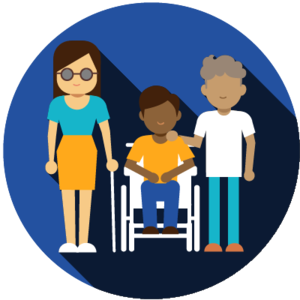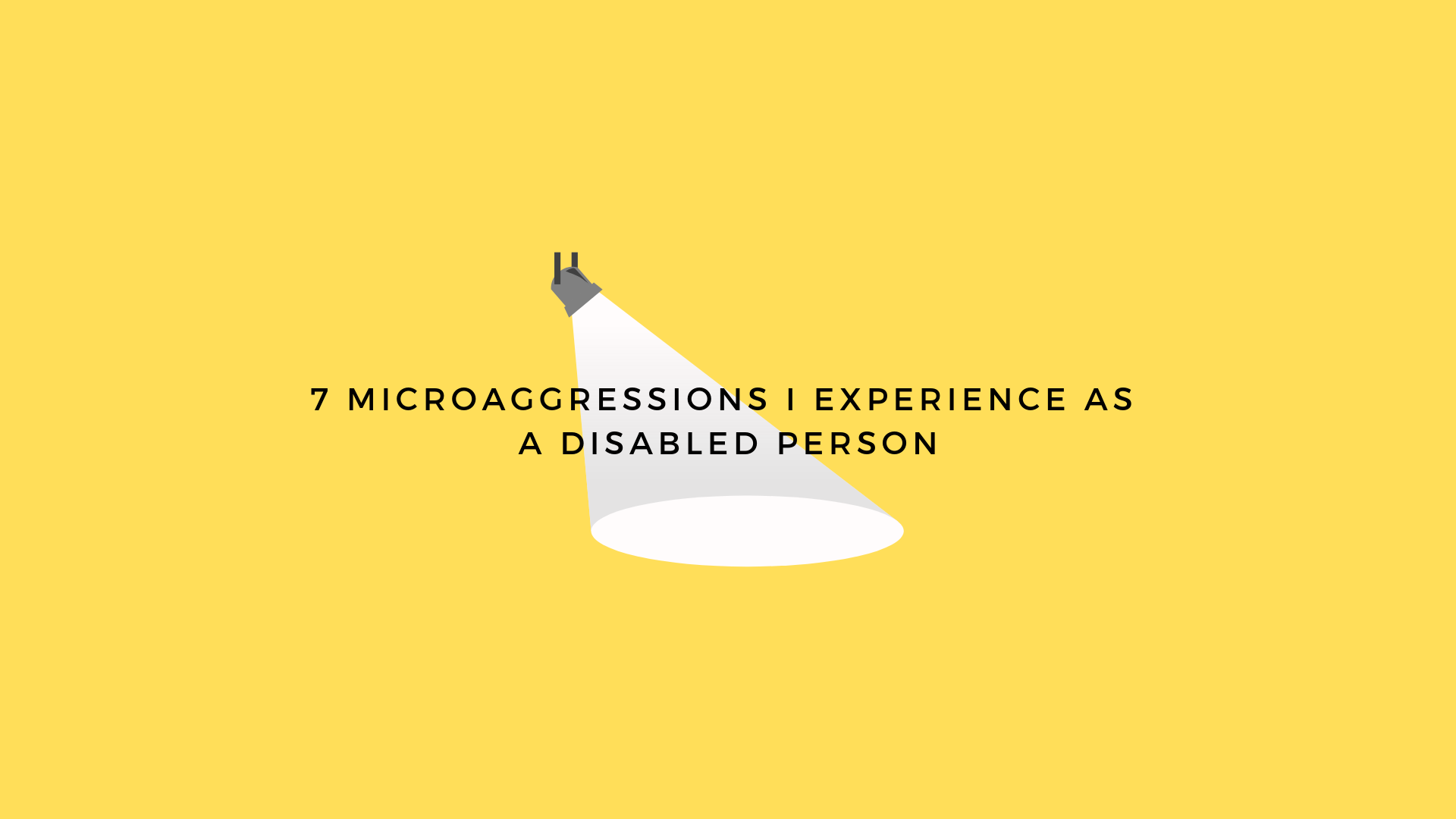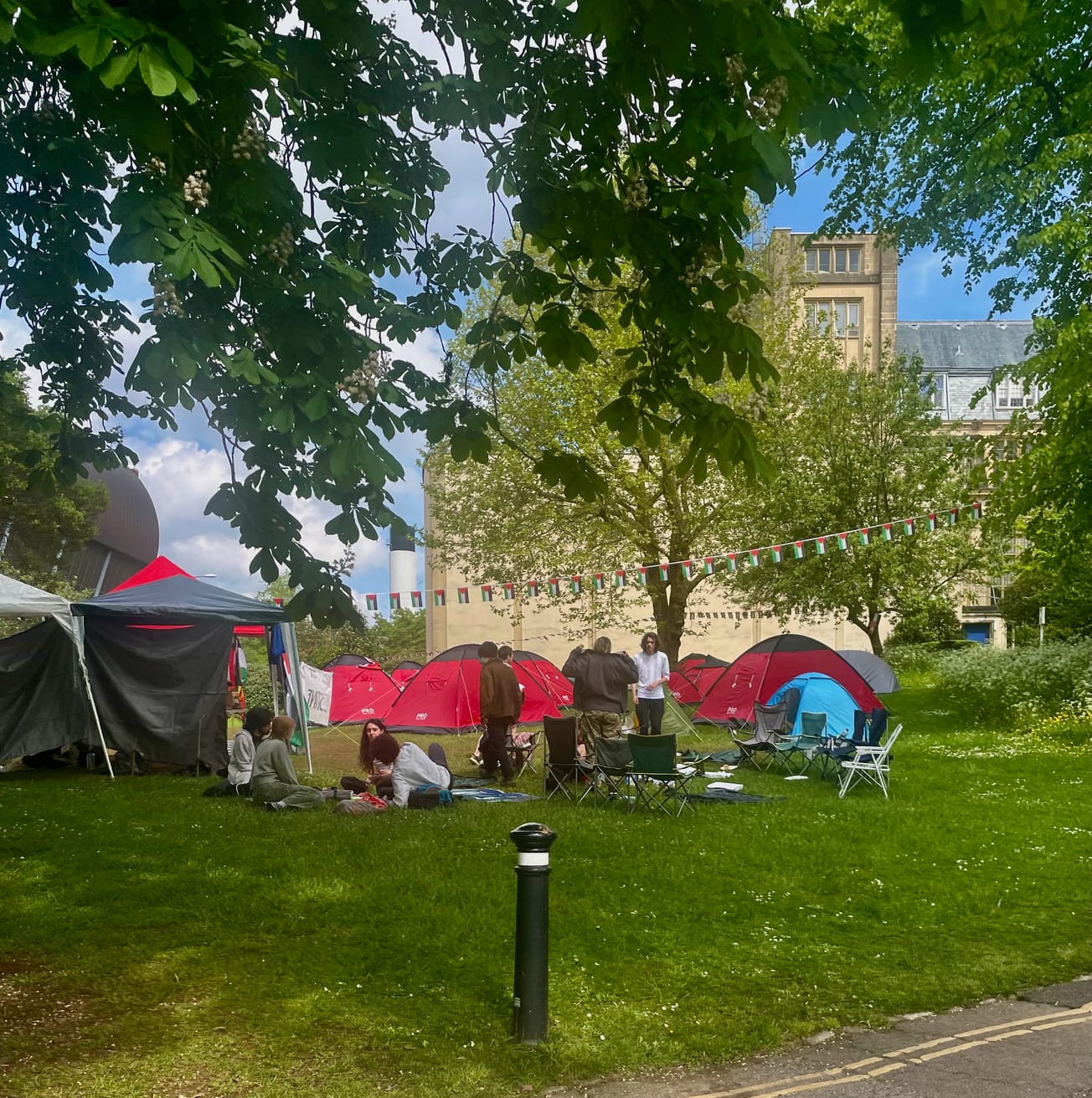By Felix Manocha-Seymour, Chair of the Bristol SU Disabled Students' Network
'If my doctors can't diagnose me, you probably can't either,' Felix, Chair of Bristol SU's Disabled Students' Network, writes a letter discussing the experience of microaggression for Epigram's #WhatsMicroaggression campaign.
Hi everyone, my name's Felix and I'm the Chair of the Bristol SU Disabled Students' Network. I am autistic, and I have chronic pain; these conditions affect me every day and in every part of my life. In this article, I have explained some the microaggressions I experience as a disabled person. Remember that my experiences don’t represent the views of everyone who is disabled!
1. Invalidation of my experiences and identity
Yes, I know I don't 'look disabled.' No, that's not a compliment. Trust me, I know my body and brain better than you do, and if I tell you I can't do something, or that I need support - just believe me!

2. Making assumptions about what I can do
An example of this is not inviting a disabled person to an event because you assume that they won't enjoy it - chances are that with adequate accommodations, e.g., comfortable seating and quiet areas, they will have a good time! If you're thinking about inviting me somewhere, do me a favour and let me decide for myself if I want to come.
3. 'Helping' without asking
If I need a hand carrying something, opening a door, picking something up, etc., I will probably ask you - don't swoop in and start doing it for me, and DEFINITELY, don't touch someone or their mobility aid without asking unless they've told you it's okay!
4. Treating disability like a tragedy or something inherently negative
It's okay to be disabled, and many disabled people are happy the way they are. We don't all want a "cure" for our conditions, and most of us don't want to be pitied or treated like our lives are worth less than someone else's because we are disabled.

5. Expecting disabled people to be 'inspirational'
Saying things like "you think your life is bad - look at this person!" or "if they can do it and they're disabled then you can - no excuses!" dehumanises disabled people. We're not here to make abled people feel better about themselves, we're just normal people trying to live our lives.
6. Refusing to accommodate me
Refusing to turn on the subtitles for someone's who is deaf or hard-of-hearing, to speak more quietly or turn off music around someone who is sound-sensitive, or hold events in venues with step-free access, excludes disabled people and makes us feel unwelcome.
7. Giving unsolicited medical advice
If my doctors can't diagnose me, you probably can't either - leave the medical advice to the professionals and avoid suggesting treatments, medications, etc. Chances are I've already tried them!

I hope this article shed some light on a few of the microaggressions faced by disabled people – if you’re disabled and want to get involved with the Network, just join our Facebook group here.
If you aren’t disabled but want to keep up with what the Network is doing, you can like our Facebook page here.
Explore more contributions from our #WhatsMicroaggression campaign here.









